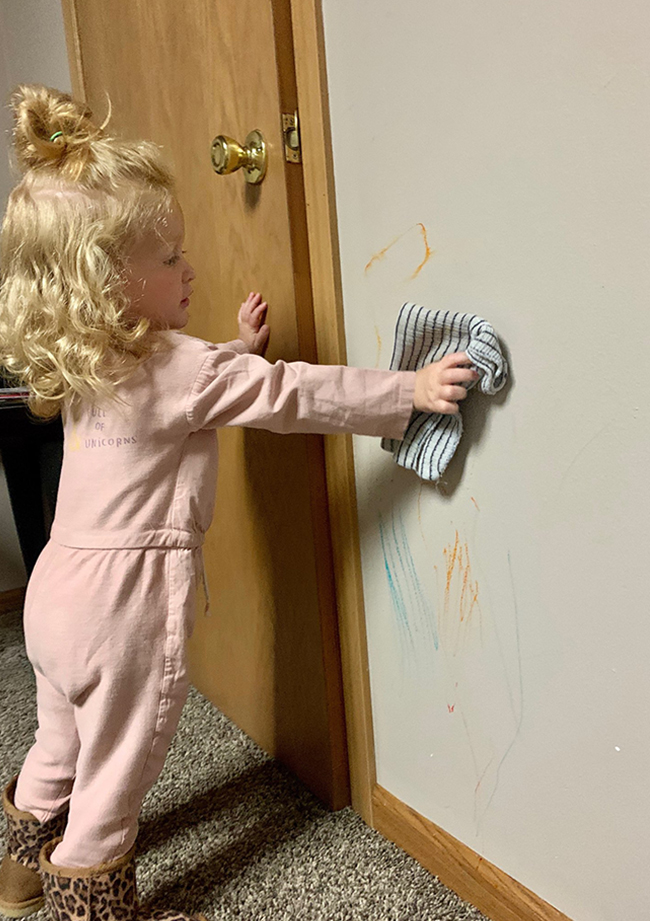Executing Expectations (Part 3)
Writing this third part for me is exciting because of the importance. I had planned to include this same premise in my book (the one on my bucket list that I have not written yet…) but since I have switched gears to blogging for the time being, I am able to share my thoughts here. While I am eager to be able to put my perspective and beliefs into print, it is also not without some apprehension. If there is going to be division among parenting styles and philosophies, it is typically going to come down to consequences and execution.
EXPECTATIONS: #1 Establishing Expectations
EXPECTATIONS: #2 Explaining Expectations
EXPECTATIONS: #3 Executing Expectations
The reason Part 3 feels so important to me is because I believe wholeheartedly that if you as a parent, grandparent, caregiver, educator… can master the consequences step of executing expectations, it will be a game changer for both you and your child/student. It will allow you to enjoy them in ways that maybe you haven’t experienced before, and it will allow the child to develop and grow in their own self-regulation ability which is its very own reward. Executing expectations correctly is how you get to the good stuff!!

In Part 1 I gave you an example of “Dinner Expectations”. How to write them, discuss, model and practice them. That is all great information, but it is also the easy part. The step that will determine the level of success in your home or classroom is this one:What you choose to do if your child does not follow the expectations.
Using the example from Part 1, if my child did not follow our family dinner expectations, the consequence would be (and has been) that dinner was over for that day. That simple.
This applied to restaurants as well. The first time I can recall was with Bryer when he was two, nearly three. We were at a pizza place that used to be in the town where we live and Bryer was being loud and not wanting to stay seated. After a couple failed attempts to get Bryer to quiet down and stay seated my husband took him to the car and I stayed inside with his sister to clean up, collect our things and pay. We explained to Bryer that people who come to restaurants were paying to have a nice dinner and not listen to noisy children. I only remember one other time that we had to do the same thing. If you follow through when they are young, you will not have to keep doing it. (Which means a lifetime of enjoyable meals with your children!) If you are starting a little later, that’s ok too. It is the consistency (your child knowing what to expect) that will bring about the positive change.
An example of a poor consequence for not following dinner expectations might be something like this: Your child does not get to play with their friend next week. That consequence is problematic for multiple reasons. One, playing with their friend has nothing to do with their poor dinner conduct. Two, a more immediate option is best, when available. This is especially true the younger the child. Three, you have already taken away the friend playing next week (assuming you follow through) so what happens at tomorrow night’s dinner if the expectations are not followed again??
Because you have done Part 2, and know they understand the expectations and consequences, removing their dinner is relevant, immediate, and reasonable. The consequence “connects” to the expectation. The cause and effect happens in that moment, so they understand and remember why the food was removed (unlike when a consequence is applied several days later) and this consequence also allows for consistency because every day your child gets another opportunity to eat their meal politely and to be successful at dinner time!
I would be remiss if I ended without discussing another important part of consequences (aside from choosing the wrong one) that we as parents/educators often get wrong. (I am absolutely including myself in this by the way). We often include emotion. When you discuss and enforce a consequence, it should be said as matter of fact as possible. Not with anger. Not with sadness. Not with pleasure. Just matter of fact.
When we add emotion, it can appear that we are not in control of ourselves or the situation. I believe one of the reasons that I have successful interactions with the children I work with, when other adults may not, is because I speak to kids and present myself in a way that I think feels secure to them. It is obvious that I am in control of myself and the situation. I am ALSO respectful of their feelings and boundaries. The combination is a part of relationship building that is crucial. We want to please people that we care about and who we know care about us too!
If we are being honest, it is glaringly obvious to a child (and everyone else around) when the child and not the adult is in control. I would imagine that does not feel very reassuring to a child. They look to us to know that everything is going to be ok. When we can give our children/students fair, consistent messages surrounding expectations and consequences, even if they don’t like them in the moment, they will come to understand and value the importance those lessons will play in their futures and the security that comes with it.







One Comment
Comments are closed.